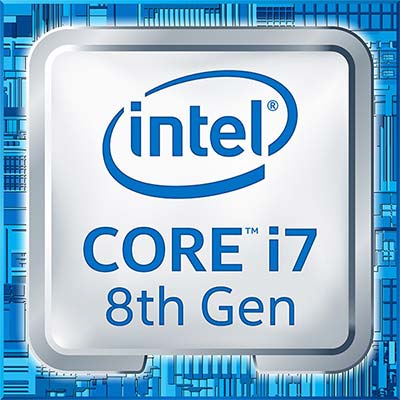
Official Retailer
Every game comes direct from publishers

Shop with confidence
Fast & free electronic delivery

Ecologi partner
Reducing C02 by Planting trees

Since they pitted players against each other in Pong, videogames have been fuelled by competition. Whether it be a fight for the leaderboards in a local arcade or jostling for the top spot in a Street Fighter tournament, certain games have always been about being the best. Today, that mindset is at its most competitive in e-sports, with many modern games drawing in huge crowds as the best of the best fight for recognition and huge piles of cash.
The first recorded videogame competition of this type took place on 19 October 1972 at Stanford University. The students were competing at a game called Spacewar in what was dubbed the Intergalactic Spacewar Olympics. You can trace a line from this event directly to e-sports as we see them today. But where that tournament’s prize was a year’s subscription to Rolling Stone magazine, these days the stakes are much higher - in fact, many tournaments boast prize pools that would make an oligarch blush.
During the ‘70s and ‘80s, these kinds of tournaments began to get coverage in prestige magazines such as Time, shunting them towards the mainstream. Not long after, high scores in games like Pac-Man and Donkey Kong began to be featured in the Guinness Book of World Records.
In the ‘90s, videogames went online, leading to a new age of competition. A shooter called Netrek is often credited as the first online e-sports game, letting 16 players fight for galactic dominance with twitch skills and elements of real-time strategy. That same decade, Nintendo was one of the first big publishers to ride the wave, touring the US with the Nintendo World Championships. The cultural importance of e-sports was also furthered by their appearance on television shows such as Britain’s GamesMaster.
The e-sports community owes a lot to South Korea for its imprint on their popularity. The reason e-sports are so popular in South Korea is often credited to the mass building of broadband networks following the 1997 Asian Financial Crisis, as well as the high unemployment rates of the time.
In the 21st century, proper regulation and bigger prize pools led to more recognition of e-sports as a legitimate sport. These days, competitors battle it out across a wide variety of titles - from first-person shooters like CS:GO to strategy games like StarCraft - for prize pools of hundreds of thousands of dollars. Their popularity shows no signs of slowing down, either. In fact, 2015 saw the US’s first dedicated e-sports arena built in Santa Ana, California.
 Back
Back






